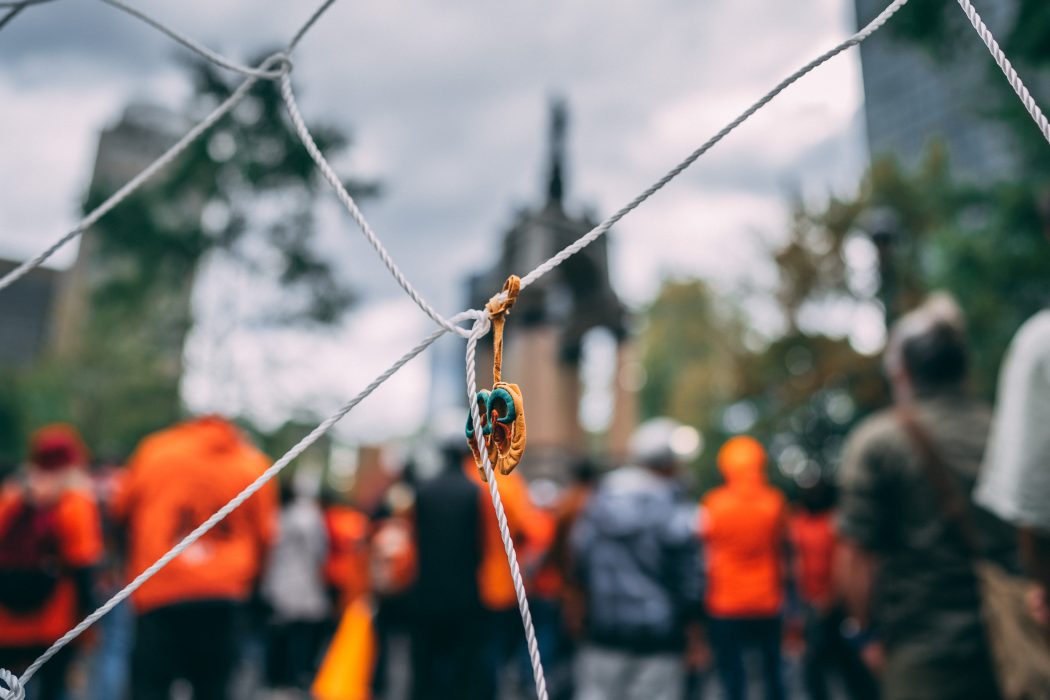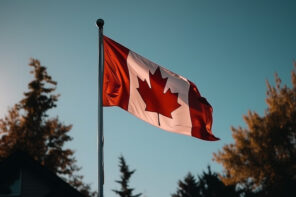On September 30, Canada observed its first official National Truth and Reconciliation Day. Orange t-shirts dotted the city as people gathered together to mourn, reflect, and remember the cultural genocide committed against Indigenous children and communities through the residential school system.
At McGill, events took place across faculties for students and faculty to educate themselves on Indigenous history and the legacy of residential schools. These workshops included topics from the “Overrepresentation of First Nations Children in Canadian Child Welfare,” hosted by the School of Social Work, to “Indigenomics: A discussion about the rise of the modern Indigenous economy,” hosted by The McGill Institute for Study of Canada.
There is no word in Cree for reconciliation. Only ‘Kwayskahstahsoowin,’ which means “setting things right.”
At a presentation entitled “Truth Gathering: Truth & Reconciliation Commission” by the McGill School of Continuing Studies, Professor Wanda Gabriel gave a lecture on the Truth and Reconciliation Commission’s work and provided a closer look at individual survivors and their stories. She closed the presentation with a quote from Métis elder Maria Campbell, which reads:
“You cannot reconcile a relationship that never existed. We don’t need any more sorrys. We have a closet full of sorrys. There is no word in Cree for reconciliation. Only ‘Kwayskahstahsoowin,’ which means “setting things right.” Restoring what is ours would set things right. Giving our land back would set things right.”
In Canada, ‘Orange T-Shirt’ Day has been observed since 2013. It was initiated by Phyllis Jack Webstad, a residential school survivor from the Stswecem’c Xgat’tem First Nation. The orange shirts pay homage to the new shirt that was taken from her on her first day at the St. Joseph mission residential school in British Columbia. The removal of that shirt has come to symbolize the forced assimilation of Indigenous people, and a subsequent repression of their cultural heritage and identity.
Over the past year, the remains of nearly 2000 child victims of Residential Schools have been uncovered at sites across the country, including in Kamloops, Marieval, and Fort Providence.
Over the past year, the remains of nearly 2000 child victims of Residential Schools have been uncovered at sites across the country, including in Kamloops, Marieval, and Fort Providence. Although knowledge of the atrocities committed at residential schools has existed for decades, this discovery of burial sites has led to a formal government recognition and institution of a national holiday.
Georgina Jolibois, a former MP for Desnethé – Missinippi – Churchill River in Saskatchewan, put forth a private member’s bill to institute a National Indigenous Peoples Day. Although she was defeated in the 2019 election before the bill could be passed, a similar bill was proposed by Heritage Minister and MP from Laurier-Sainte-Marie Stephen Guilbeault in September 2020 and was passed unanimously by the House of Commons and the Senate.
The term “Truth and Reconciliation” as a national concept originated in South Africa after Apartheid – a long-standing de jure racial segregation that was enforced through violence. The Truth and Reconciliation Commission of South Africa was formed to help the nation heal after decades of abuses from the South African government against non-white citizens. The Commission acted as a court body to investigate these abuses and provide a space for dialogue about what happened.
In cementing its own “Truth and Reconciliation” day as a national holiday, Canadians hope that this formal act of remembrance will bring people together. Through education about Canada’s past, one of the goals of the National Truth and Reconciliation Day is to prevent further human rights violations from occurring. The day’s official tagline, “Every Child Matters,” pays homage to the victims of residential schools while promoting a more equitable, tolerant, and inclusive society.








